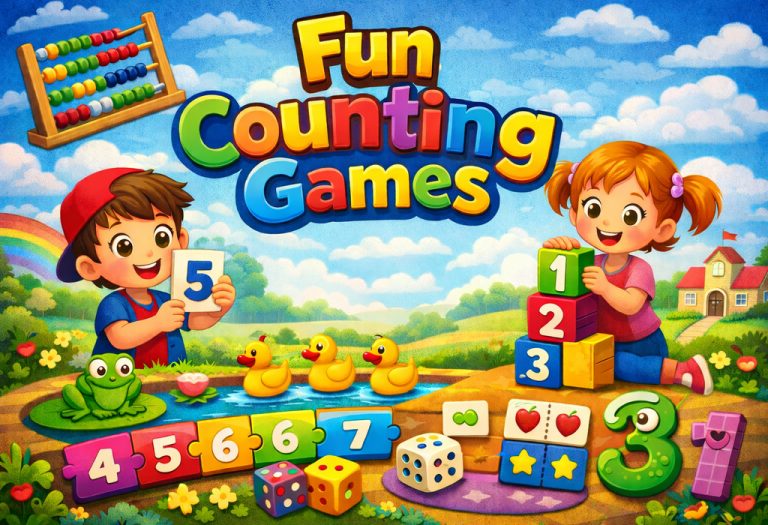Can Teething Cause Diarrhea? – Causes and Symptoms

On seeing your baby’s first tooth, you will be overjoyed. But teething can be an uncomfortable experience for a baby, especially when he is unable to convey his pain to you. There are many teething symptoms in babies, such as pain or itching in the gums, rash, and excess drooling (1). So, does teething cause diarrhea, too? Well, yes, diarrhea is also known to be one of the symptoms of teething. Dealing with a cranky teething baby is a challenge, and diarrhea could aggravate the situation. If your baby is teething and is suffering from diarrhea, read on to know what you can do to help your little munchkin grow out of this phase.
Is There Any Relation Between Teething And Diarrhea?
The connection of teething with diarrhea has been established as many parents noticed it in their children. However, there is no evidence justifying that teething and diarrhea are connected. An increase in drooling while teething was also thought to be a cause of diarrhea while teething. Saliva production in the mouth is increased during teething and babies may swallow a lot of saliva during this stage, which may disturb the balance of the gastric system, causing diarrhea. However, even this cannot be taken as the exact cause of diarrhoea in babies.
Why Do Babies Get Diarrhea While Teething?
The American Academy of Pediatrics says that teething does not cause diarrhea (2). So, why does it happen? What is strongly believed today is that both these activities are indirectly connected, making them almost coincidental but not strange. Teething is a difficult period for an infant. Let’s explore varied reasons that contribute to diarrhea during the teething phase.
1. Bacterial Infection
The constant irritation in the gums causes them to reach out for different objects, which are then held in the mouth and chewed. These objects may not necessarily be clean and could have germs and other microbes on them. Since babies tend to put everything they can find in their mouths, the chances of bacteria entering the body are extremely high. Hence, they may get diarrhea. A baby’s immune system is also not fully developed, so his body may not fight bacteria and infections and, as a result, he may get diarrhea.
While this explanation might be satisfactory, it poses a grave danger to the child. The early years of a baby are usually filled with instances where infections keep occurring all the time. Be it intestinal infections or ear infections, a child is constantly battling them until the immune system becomes strong enough to wade them off. The diarrhea that emerges during teething could, in fact, camouflage the symptoms of the actual infection. Loose motions might be attributed to poor hygiene and would be disregarded as a normal occurrence when, in fact, it could indicate the presence of a stronger infection thriving within that needs immediate medical attention.
2. Transition to Solids
Teething and diarrhea often happen together because babies start teething when they’re also starting to eat solid food. Usually, babies get their first teeth (usually the front ones) between four to seven months old (3). When babies are transitioning from breast milk or formula to solid foods, their stomachs can get upset, causing diarrhea as their bodies adjust to the new food.
3. Low Antibodies
Around six months old, babies stop receiving antibodies from their mothers, which can make them more prone to infections like diarrhea (4) (5). This might coincide with the time when they start teething, leading parents or caregivers to think that teething causes diarrhoea. However, diarrhea at this age could actually be a sign of a serious infection.
Symptoms of Teething and Diarrhea
The symptoms of teething and diarrhea are described below (5).
1) Signs of Teething
Teething is a growth phase every child passes through as part of their development. It is not optional. Here are some commonly observed symptoms of teething in babies and toddlers.
1. Irritability
Baby teeth erupt by tearing the gums, which may cause inflammation, leading to mild/sweet to moderate pain and irritation.
2. Biting
Teething makes a baby’s gums tender and sore, which can be painful. Babies often try to soothe themselves by biting or sucking on things.
3. Drooling
Tender and inflamed gums cause babies to produce excess saliva and drool. An important thing to note here is that excessive drooling and trouble swallowing the saliva indicate an underlying issue which should be diagnosed early on (6). Drooling excessively also causes rashes around the mouth.
4. Rubbling and Pulling of Cheeks and Gums
Due to the inflammation and itching in gums, babies try to pull or rub their cheeks and gums to soothe the irritation.
5. Mild Fever
Baby’s body temperature may go up slightly to a range of 98-100°F because of teething. If your little one shows a temperature of 100.4°F and above, it could indicate an underlying symptom, which should be diagnosed by a doctor.
6. Other symptoms
Other symptoms of teething include fussiness, loss of appetite, and disturbed sleep.
2) Signs of Diarrhea
Diarrhea is a situation where loose and watery stools occur more frequently than usual. Here are some common symptoms observed (7) (8):
- Loose, watery stools
- Stomach cramps
- Bloating
- Nausea
- Strong urge to poop
In severe cases, they may accompany, too:
- Fever
- Severe stomach pain
- Vomiting
- Weight loss
- Flushed skin
- Fatigue and lightheadedness
How Long Does Teething Diarrhea Last?
If diarrhea manifests primarily when the teething behaviour sets in for the child, the symptoms should usually go away in a few days once the right precautions are taken. However, if the problem continues for around a week or more and tends to repeat every month, you may need to take your child for a medical examination.
Tips to Deal With Teething Diarrhea in Infants
Diarrhea that occurs when your child is undergoing teething is quite discomforting, but it does not call for any particular treatment. However, you may need to intervene immediately if the little one has diarrhea for more than a few days and passes loose stools nearly 5-6 times in a single day. Here is what you can do if you are dealing with diarrhea with teething infants:
1. Talk to Your Doctor
The consistent presence of teething diarrhea should be brought to your doctor’s attention as soon as possible. This helps in diagnosing the presence of any other infections that might be causing similar symptoms, and corrective action can be taken accordingly. At times, certain medications might also be recommended to counter the condition or the bacteria, too. Talking to your doctor is highly recommended, as diarrhea can dehydrate your infant.
2. Maintain Hygiene
The process of teething causes immense irritation to the gums of the baby. While most babies cry due to it, others attempt to calm themselves down by biting their gums or chewing on any hard objects they can lay their hands on. These could be toys or even other items specifically bought to counter teething issues. If these are not kept clean and sanitised regularly, it can be an open invitation for numerous microbes to enter his body, which can cause infections to thrive within and worsen his health.
3. Adjust the Diet of Your Child
If your child is experiencing diarrhea as a result of teething, an adjustment to his diet could provide some important benefits to his body. Start by increasing the frequency of breastfeeding or formula milk. Give him enough fluids to keep his body hydrated. You can also feed him purees of vegetables like potatoes, carrots, and bananas. Rice water can also be given. All of these foods can keep the diarrhea under control. Also, If you give cow milk or juices to your child, stop it temporarily until the diarrhea is relieved.
FAQs
1. How can I prevent diarrhoea in my child during teething?
You can certainly try to avoid diarrhea during teething by making sure of the surroundings. Keep the surroundings and the things in your baby’s reach clean and sanitised at all times, so even if your baby mouths any object or plays with it and then put their hand or fingers in their mouth, they won’t catch any bacteria.
2. What food should I avoid giving to my baby with diarrhea and teething?
With the above-mentioned tips, you can prevent diarrhea from occurring in the first place. Teething is a natural process of the child’s development and diarrhea is one of its symptoms. Remember not to provide your baby with OTC teething gels, homeopathic teething gels, OTC medicine, or teething toys or jewellery to soothe their teething pain unless prescribed by the doctor as these could be harmful for the babies (11) (12). But, worry not, as your baby will be fine in a few days. However, if the problem persists for long, feel free to consult a doctor!
References/Resources:
1. Has my baby started teething? the signs to look out for; NCT; https://www.nct.org.uk/baby-toddler/teething/has-my-baby-started-teething-signs-look-out-for
2. Teething; American Academy of Pediatrics; https://www.healthychildren.org/English/tips-tools/symptom-checker/Pages/symptomviewer.aspx?symptom=Teething
3. Teething: 4 to 7 Months; American Academy of Pediatrics; https://www.healthychildren.org/English/ages-stages/baby/teething-tooth-care/Pages/Teething-4-to-7-Months.aspx
4. DenBesten. P; Is teething associated with diarrhea?; Western Journal of Medicine; PubMed Central; https://www.ncbi.nlm.nih.gov/pmc/articles/PMC1071026/; August 2000
5. Your Infant is Teething: Know the Signs and Symptoms; CHLA; https://www.chla.org/blog/advice-experts/your-infant-teething-know-signs-and-symptoms
6. Drooling and Your Baby; American Academy of Pediatrics; https://www.healthychildren.org/English/ages-stages/baby/teething-tooth-care/Pages/Drooling-and-Your-Baby.aspx
7. Diarrhea; Cleveland Clinic; https://my.clevelandclinic.org/health/diseases/4108-diarrhea
8. Diarrhoea; Healthdirect Australia; https://www.healthdirect.gov.au/diarrhoea
9. Teething Remedies for Your Baby’s Aching Mouth; Cleveland Clinic; https://health.clevelandclinic.org/teething-remedies/
10. Teething; Seattle Children’s; https://www.seattlechildrens.org/conditions/a-z/teething/
11.Safely Soothing Teething Pain and Sensory Needs in Babies and Older Children; FDA; https://www.fda.gov/consumers/consumer-updates/safely-soothing-teething-pain-and-sensory-needs-babies-and-older-children
12. Tips for helping your teething baby; NHS; https://www.nhs.uk/conditions/baby/babys-development/teething/tips-for-helping-your-teething-baby/
Also Read:
Teething Fever in Babies
Baby Teeth Order of Appearance
Effective Baby Teething Remedies
Baby Teething Myths & Facts Parents Should Know
Was This Article Helpful?
Parenting is a huge responsibility, for you as a caregiver, but also for us as a parenting content platform. We understand that and take our responsibility of creating credible content seriously. FirstCry Parenting articles are written and published only after extensive research using factually sound references to deliver quality content that is accurate, validated by experts, and completely reliable. To understand how we go about creating content that is credible, read our editorial policy here.






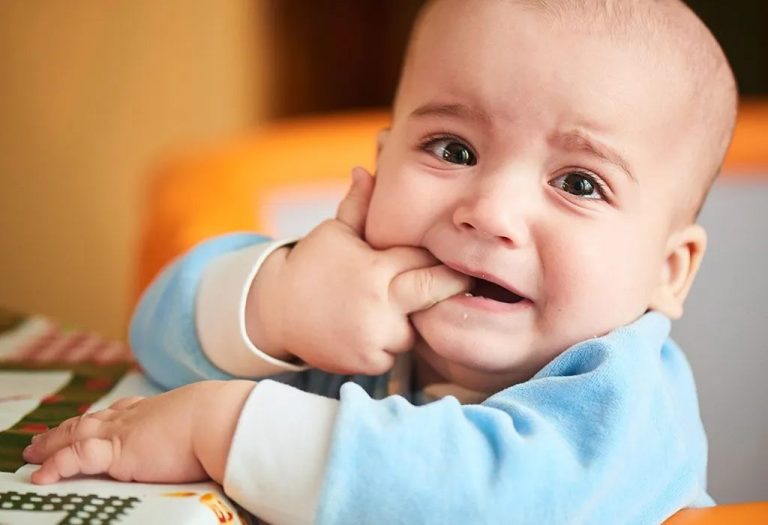
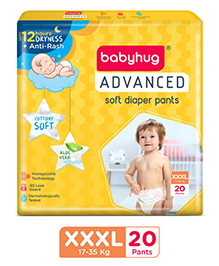
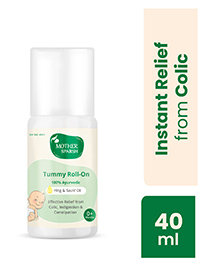
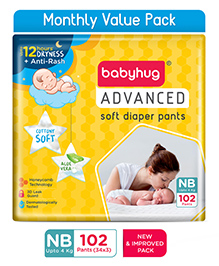

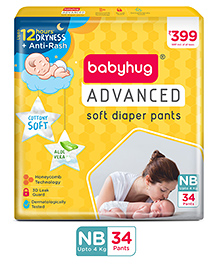
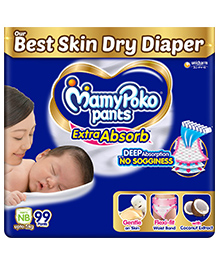

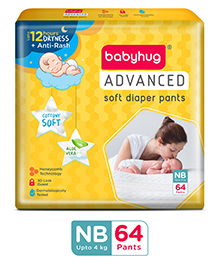
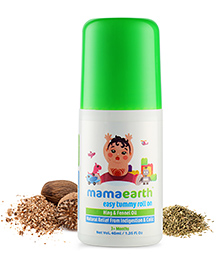
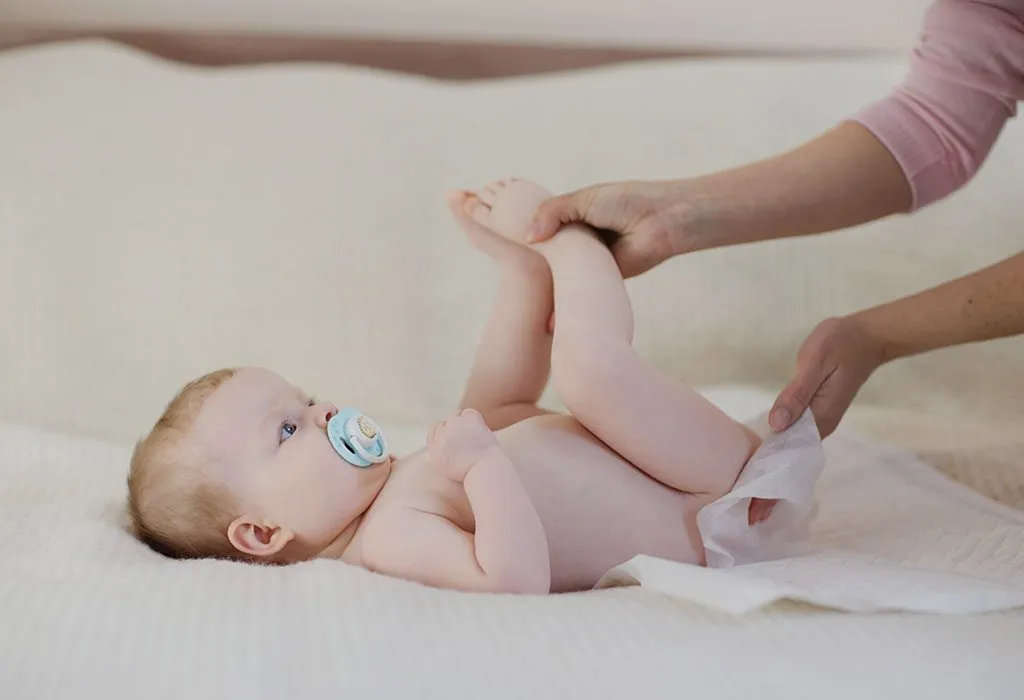
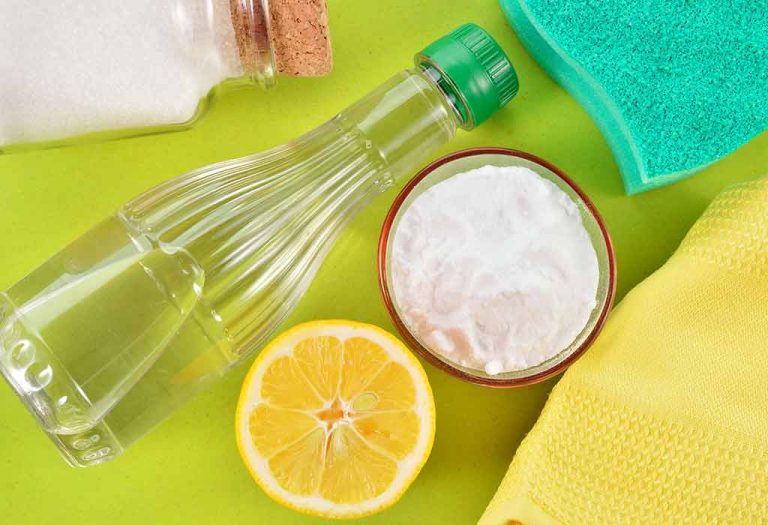
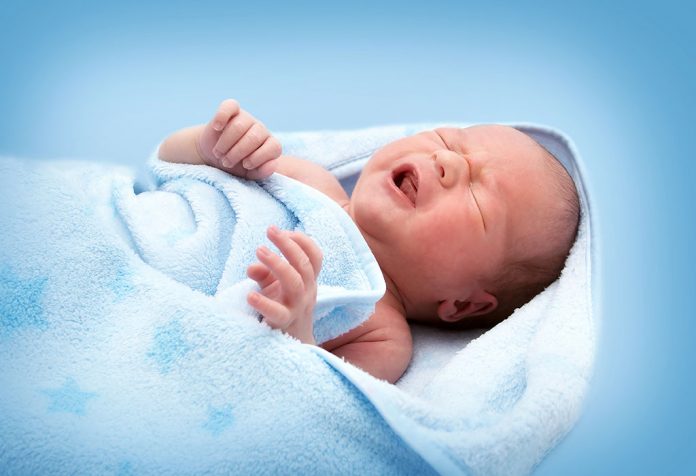
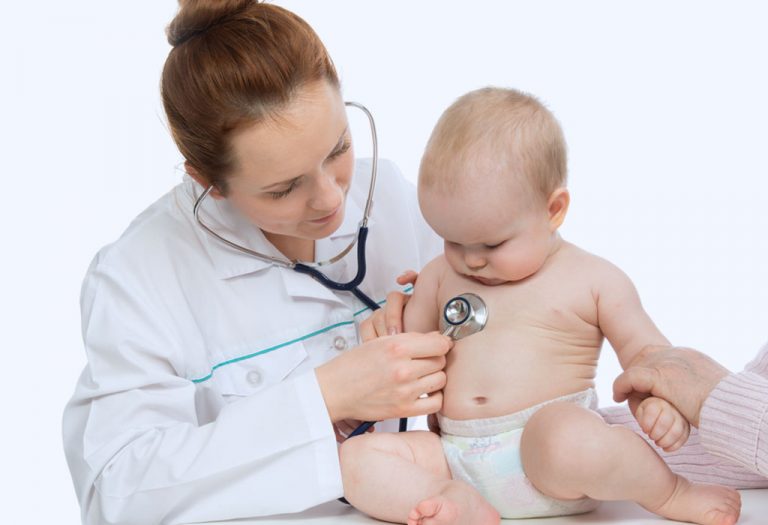
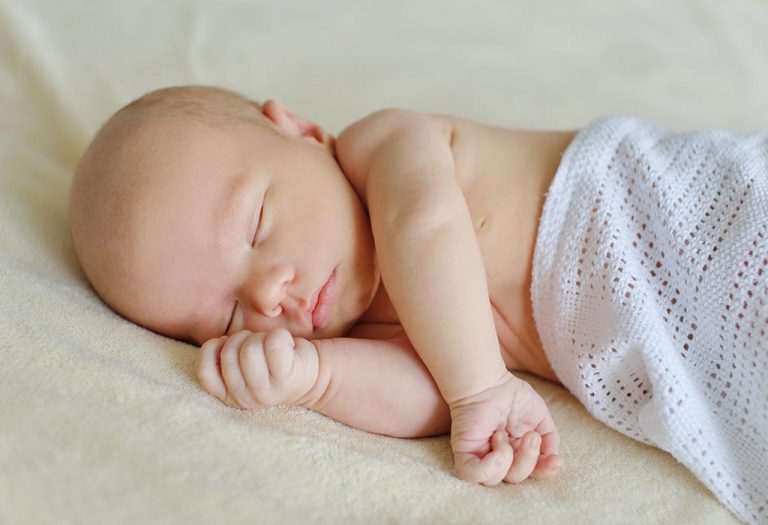
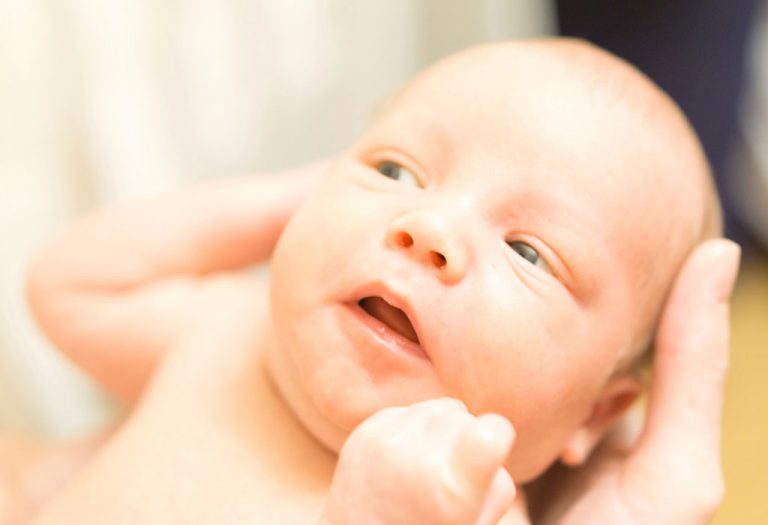


.svg)










